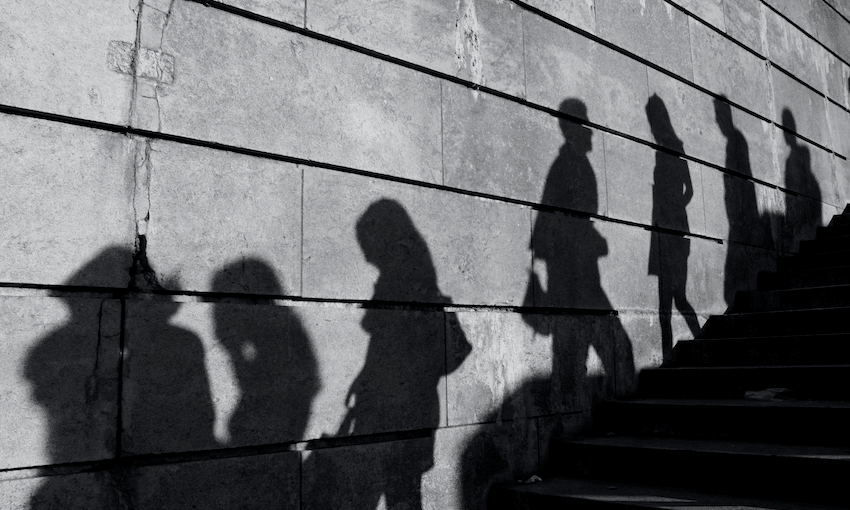A tax-free payment of $490 a week would be life-changing for people like me, writes beneficiary Eamonn Marra.
The government’s decision to give those made redundant by Covid-19 $490 tax free a week for 12 weeks is a good one. When you lose your job your income stops but your bills continue; you have to quickly rework your budget for everything in your life. This 12-week payment gives you a buffer to work out your next moves during a deeply stressful time.
Up until now, though, people who lost their jobs were not met with 12 weeks of payments substantially larger than the jobseeker’s allowance. They were instead met with a one- to two-week stand-down period where they received no payment at all. These stand-down periods have been suspended due to Covid-19 but will come back in November.
When the pandemic hit, people started to see how precarious their jobs really were. Businesses around the country are downsizing or closing. People with jobs that have been traditionally stable are now at risk of losing their work.
Many New Zealanders are suddenly finding themselves in the same position as those they have been so judgemental of for so long. But instead of this situation being used as a step towards empathy, the unemployed have been split into two categories: the deserving and the undeserving.
I’ve been on the benefit on and off for 11 years and despite witnessing a lot of anti-beneficiary talk I have personally received very little judgement when I tell people I’m on the dole. Because I’m white and university educated, people already have me pegged as a “good” beneficiary before they know anything about me. They can find reasons to justify me being on a benefit, because generally I look and speak like them.
But the fact is, my circumstances are no more valid than any other beneficiary’s, whether those circumstances are the closure of a business, restructuring, illness, having to look after children or other dependents, or anything else.
My benefit as a single person over 25 is $366 and is made up of
- $250.74 Jobseeker’s allowance
- $75 Accommodation supplement
- $40.91 Winter energy payment
Before April 1, when the $25 increase to the main benefit and the winter energy payment was introduced, my benefit was $300. The extra money has already made a huge difference to my life.
I can also earn up to $90 a week before it starts impacting my benefit, after which it is reduced by 70c for every dollar I earn before tax.
While living on this amount of money is a struggle, I am doing OK. I went on the benefit with a modest amount of savings and I have bits and pieces of occasional freelance work that supplement my benefit so I am not forced to live week to week. My expenses are reasonably low because I share a house with five other people and I don’t have any debt or many other financial obligations. This is very different to last time I was on the benefit. Money would often run out a couple of days before pay day and a one-off cost like having to pick up multiple prescriptions would force me to halve my grocery budget for the week.
There are thousands of people living like this in New Zealand, and they are also looking into a difficult future where finding work will be even more challenging. Being poor long term is expensive. The benefit leaves no money for rainy days. Things like having to pay bond in a new flat or an appliance breaking can throw you into inescapable debt.
In 2019, the Welfare Expert Advisory Group, commissioned by the government, released a report with a number of recommendations including that benefit levels should increase by between 12% and 47%. This recommendation was promptly ignored. But now, presented with the risk that a significant proportion of the population might discover how difficult it is to actually live on a benefit, the government is making sure that won’t happen.
Twelve weeks at $490 would be life-changing for many beneficiaries. They would be able to pay off debt, go to the dentist, buy waterproof shoes for winter, visit a loved one who lives in another town. They would be able to experience the luxury of having money left over at the end of the week. Of not having to put back food at the supermarket because there isn’t enough money in their account. These things have long been part of everyday life for beneficiaries. But now they’re only a reality for some.
